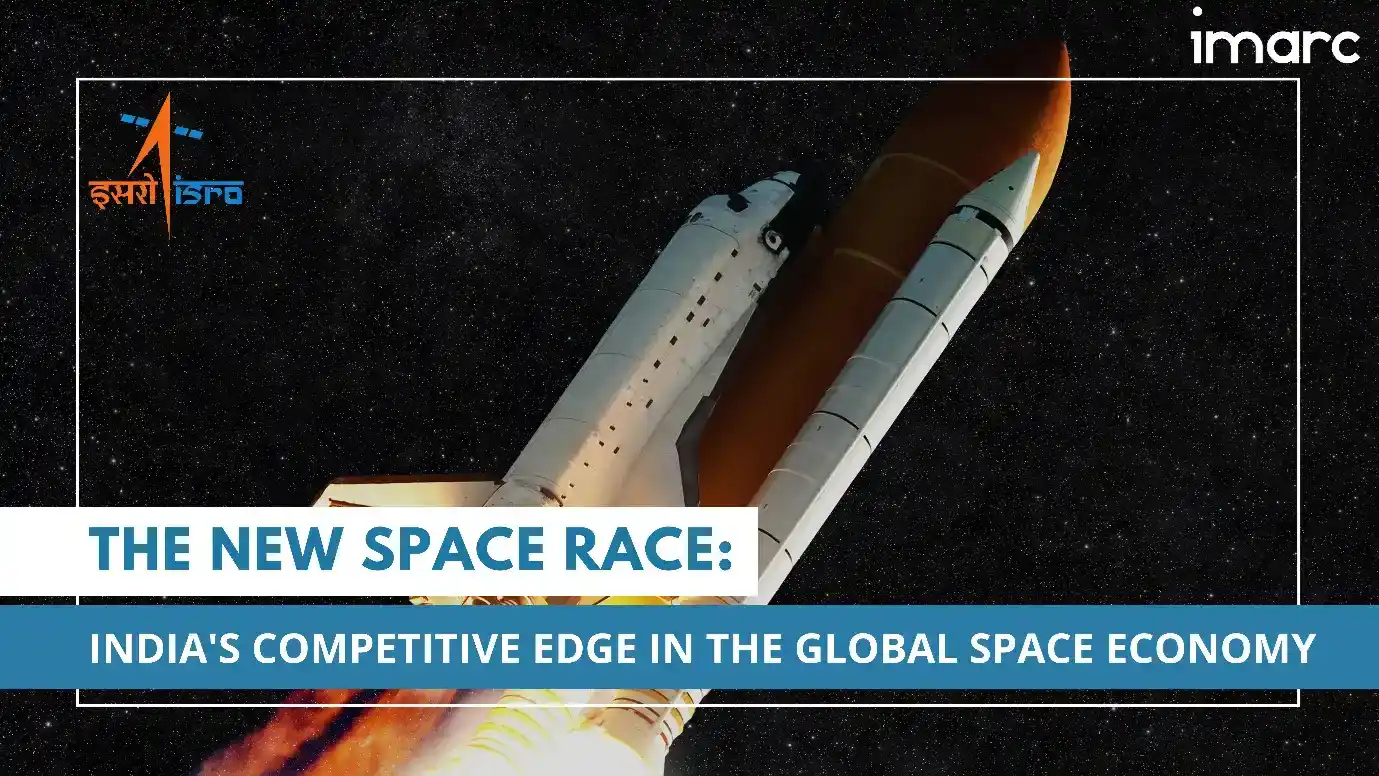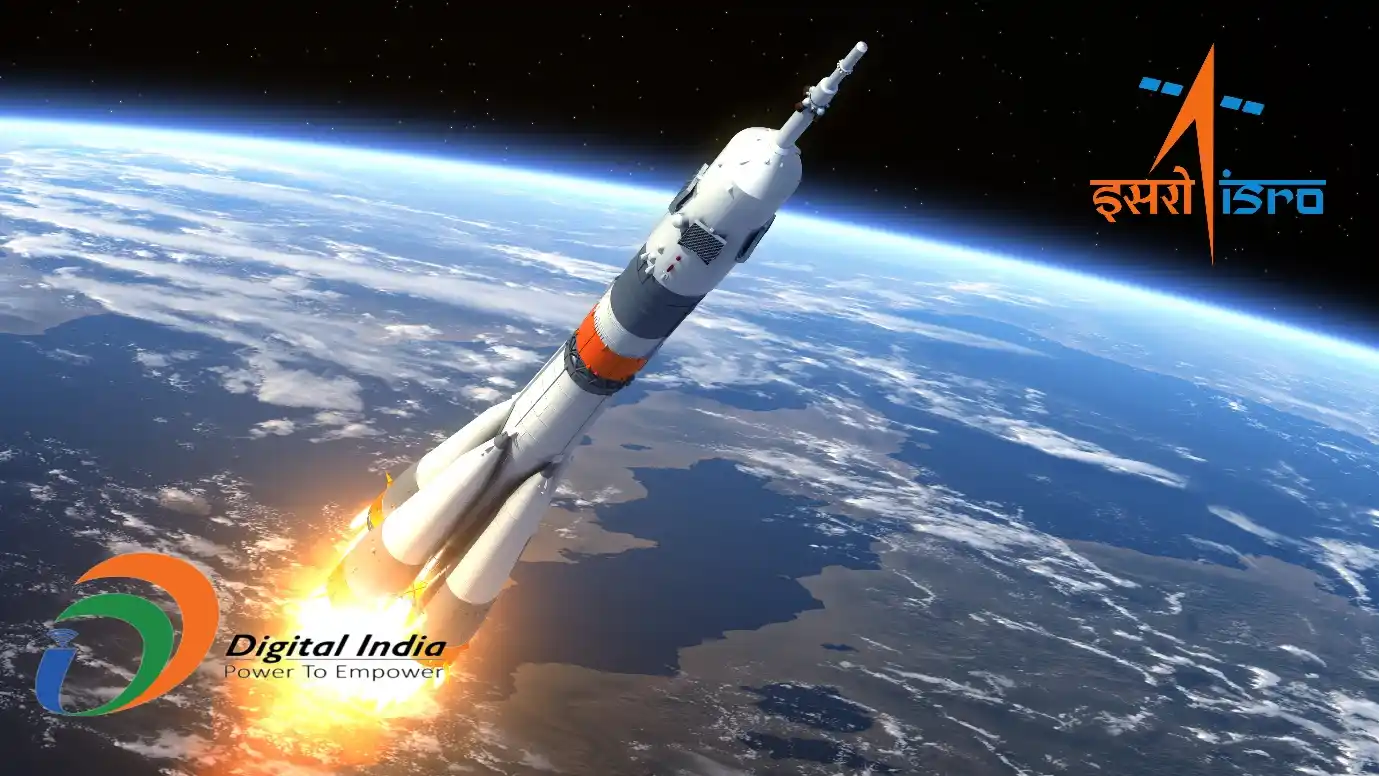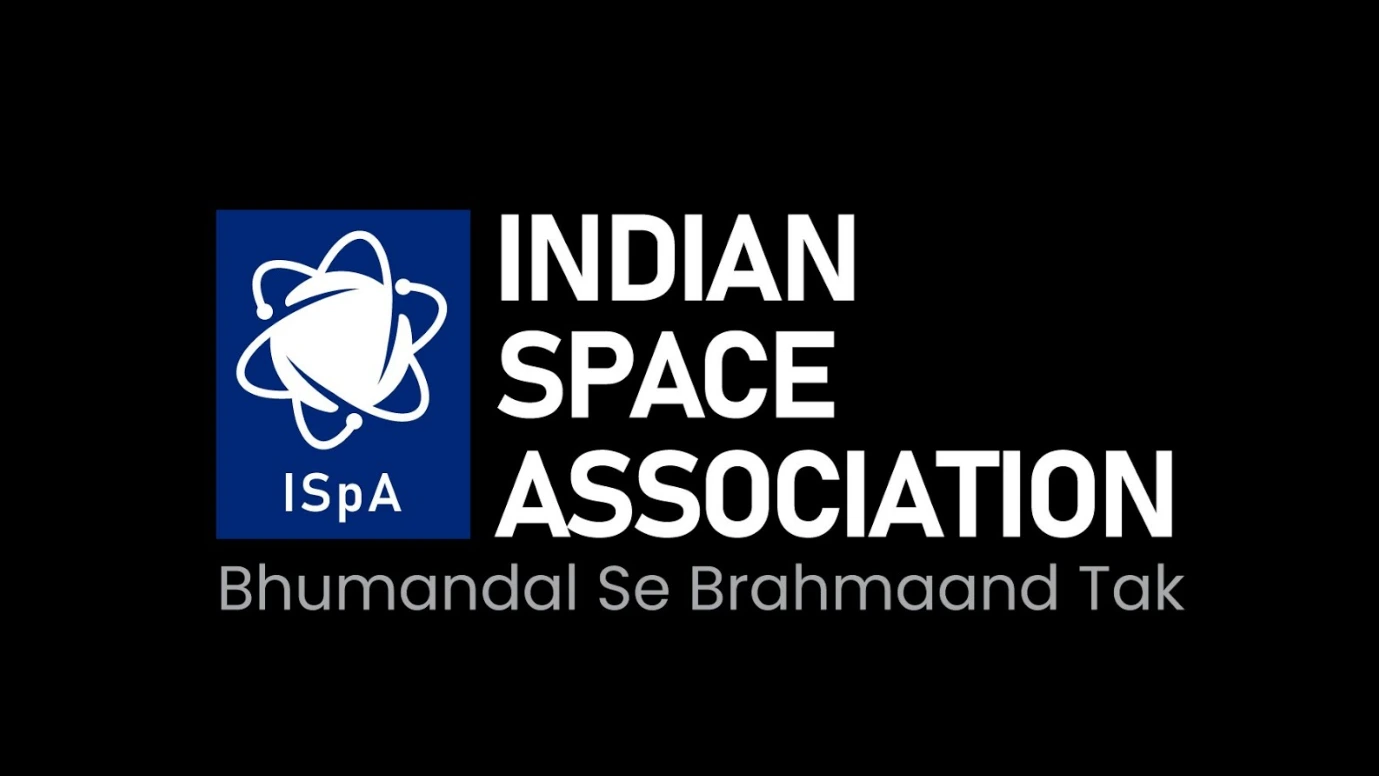The New Space Race: India's Competitive Edge in the Global Space Economy

The Indian space sector, led by the Indian Space Research Organisation (ISRO), plays a pivotal role in various aspects of the country's economy and technological advancement. According to ISRO’s report, India's space industry is experiencing significant growth and development, with its share in the global space economy standing at 2-3% and expected to increase to 8-10% in the coming years.
ISRO has achieved numerous milestones in space technology, including the Mars Orbiter Mission (Mangalyaan) and the Chandrayaan mission. Additionally, ISRO is actively involved in launching various satellites for communication, earth observation, and navigation. Earth observation satellites play a crucial role for applications such as agriculture, disaster management, urban planning, and environmental monitoring. Navigation satellites are particularly important for India's development across various sectors, benefiting both civilian and military applications. They enhance navigation capabilities for transportation, agriculture, disaster management, and surveying.
In order to further advance in the space sector, India has prioritized promoting satellite internet services and capitalize on its well-established expertise in satellite and launch vehicle production. Additionally, India is focusing on enhancing capabilities in space mining and in-space manufacturing sectors.
Indian Space Market Soars to New Heights: A Look at Its Explosive Growth
According to a recent study, the Indian space economy is valued at US$ 8 billion and is expected to exhibit a CAGR of 9.6% during the period from 2023-2040. Various factors contributing to the market's growth are outlined below:
Increasing Space Budget: In the fiscal year 2023-24, the Government of India has increased the space budget by 19%. The allocation of the budget to the Department of Space is INR 12,543.91 crore, which is higher by INR 2,013 crore as compared to the previous year. This year, ISRO will undertake various high-profile missions, including Gaganyaan, Aditya-L1, Chandrayaan-3, and Shukrayaan-1.

Rising International Collaboration: India's international collaboration with other countries and space agencies on various space missions and projects provides access to expertise, technology, and funding, which can fuel the growth of the Indian space industry.

Government Initiatives: The Government of India (GoI), in collaboration with ISRO, is actively promoting space activities through various initiatives, such as Make in India and Digital India. These efforts are aimed at encouraging the indigenous development of satellite technology and space-related infrastructure.

Satellite Launch Services: India has preferred launch locations for its services. Furthermore, ISRO offers cost-effective and dependable satellite launch services, which, in turn, attract foreign and international clients seeking affordable access to space. This has resulted in the generation of a significant amount of revenue through the successful launch of numerous foreign satellites.

Increasing Penetration of Private Players: The government of India launched the Indian Space Association (ISpA) in 2021 to open up the Indian space industry to private sectors and startups. Many private players in India, such as Agnikul Cosmos, Skyroot Aerospace, and Pixxels, are involved in the development of components and subsystems for launch vehicles and spacecraft. They also provide space-based services and operate ground stations. This initiative offers several advantages to the space industry, including cost reduction, technology innovation, enhanced competitiveness, and the improvement of communication infrastructure.

Moreover, the promotion of foreign investments in satellite establishments, the development of a "sandbox" program for startups by ISRO, and the use of schemes, such as production-linked incentives (PLI), to make India a manufacturing hub for satellites are further boosting the market.
Revolutionizing the Indian Space Economy: Trending Headlines at the Frontiers of Space Innovation
- In June 2022, ISRO launched the communication satellite GSAT-24 from Kourou in French Guiana. It was built by ISRO for NewSpace India Limited (NSIL) and was launched by the French company Arianespace.
- India launched PSLV-C56, which carried seven Singaporean satellites, into a near-equatorial orbit (NEO) from the Satish Dhawan Space Centre in Sriharikota, Andhra Pradesh.
- The ISRO launched India's largest LVM3 rocket with 36 satellites onboard from the Satish Dhawan Space Centre in Sriharikota, Andhra Pradesh. LVM3 is the heaviest rocket in ISRO's fleet and belongs to the UK-based OneWeb Group.
- In September 2023, India successfully launched the Aditya L1 rocket to study the outermost layer of the Sun. India has also launched a new generation of navigation satellites in the past aimed at enhancing the country's navigational capabilities. These satellites are utilized in terrestrial, aerial, and marine transportation. The three-stage rocket used for this operation is known as "GSLV".
- In February 2023, ISRO launched the second developmental flight of the 'Small Satellite Launch Vehicle' (SSLV) from Sriharikota in Andhra Pradesh.
- Chandrayaan-3 successfully landed on the South Pole of the Moon on August 23, 2023. It lifted off on July 14, 2023, atop a Launch Vehicle Mark 3 (LVM3) from Sriharikota, India.
The Future of India's Space Market: A Look Beyond Boundaries
According to an article in the Economics Times, the satellite broadband services market in India is poised for substantial growth, projected to achieve a CAGR of 36% by 2030. In 2022, Hughes Communications India (HCI), in partnership with the ISRO, successfully launched its first high-throughput satellite (HTS) broadband internet service in the country. Moreover, Bharti-backed OneWeb and Reliance Jio, in collaboration with Luxembourg's SES, have secured Global Mobile Personal Communication by Satellite (GMPCS) licenses for Low Earth Orbit (LEO), Medium Earth Orbit (MEO), and Geostationary Earth Orbit (GEO) satellite services, respectively. Additionally, Inmarsat and Bharat Sanchar Nigam Limited (BSNL) have been granted licenses for inflight and maritime communications (IFMC). These developments signify a burgeoning satellite internet sector in India, driven by strategic collaborations and regulatory advancements, and are poised to shape the country's space industry.
The Indian space policy of 2023 has opened up the sector for non-government entities (NGEs) or the private sector, allowing them to engage in end-to-end activities within the space sector. This includes the establishment and operation of space objects, ground-based assets, and related services such as communication, remote sensing, navigation, and more. Additionally, the government has established the Indian National Space Promotion and Authorization Centre (IN-SPACe) as a single-window agency responsible for promoting and authorizing space activities. These new reforms in the space policy are expected to significantly boost India's space economy in the coming years.
Navigating Industries with Precision: IMARC's Expertise Unlocks Valuable Insights
Companies need to set goals for the development of new and innovative spacecrafts, rockets, and satellites. It is necessary for them to analyse their existing spacecrafts and satellites and identify areas where new technological advancements can be introduced in the manufacturing of satellites and rockets to enhance user experience. The analysis of competitors' business strategies and innovation are crucial parameters for developing unique and feature-rich satellites and spacecrafts.
At IMARC Group, we specialize in assisting companies with market research to identify the latest trends, business strategies, and opportunities. We can provide information on new satellite launches, innovation, and recent trends and developments. We help businesses position themselves for long-term success and growth.
Our Clients
Contact Us
Have a question or need assistance?
Please complete the form with your inquiry or reach out to us at
Phone Number
+91-120-433-0800+1-201-971-6302
+44-753-714-6104










